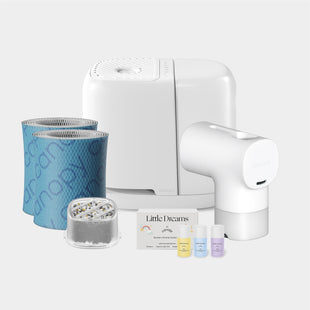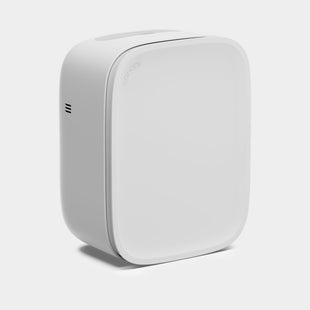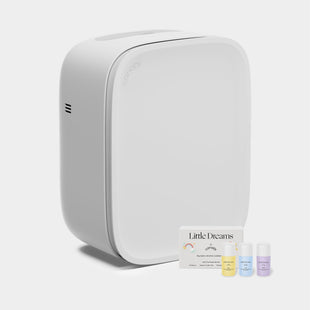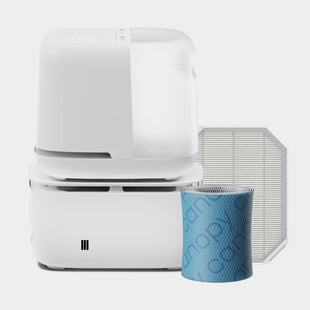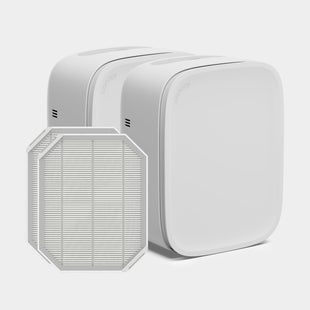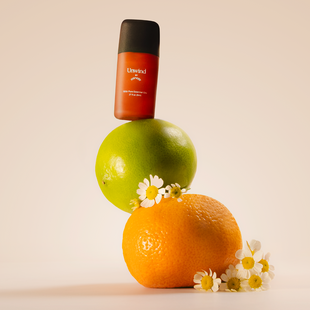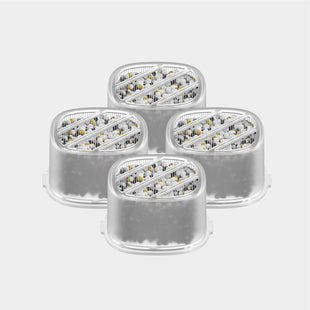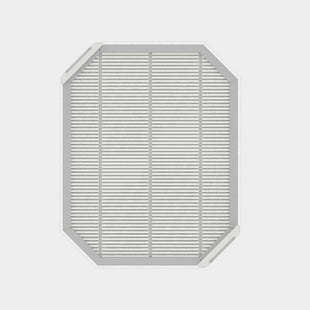This content has been reviewed and updated on July 31, 2023.
Whether you work out occasionally or make it part of your daily routine, nothing beats a shower after exercising. That a full-body cleanse alleviates the sticky, grimy post-workout sensation and combats embarrassing odor buildup. Did you also know that showers after workouts can aid recovery and improve your appearance?
The numerous benefits of showering after exercise are explained below, as well as whether you should opt for hot or cold showers after workouts.
Reasons to Shower After Exercise
You’re bound to sweat during a high-intensity workout, and showering afterward keeps your complexion clear by preventing breakouts. The cleanser and water wash away pore-clogging dead skin cells, sweat, and irritating bacteria. In addition to a post-workout stretch, a shower provides a soothing sensation to ease muscle soreness.
Benefits of a Cold Shower After a Workout

Although most people agree that it’s essential to shower after a workout, whether to use hot or cold water is a polarizing debate. A cold shower can aid muscle recovery, as cold temperatures restrict blood vessels, which limits blood flow to arms and legs. This, in turn, reduces muscle fiber swelling that causes soreness.
An intense workout causes your body to lose water through sweat. Taking a cold shower after exercise helps replenish moisture levels. Unlike hot water, cold water won’t cause your skin’s layer of sebum (the waxy substance that keeps the tissue moisturized) to dry out. The restriction of blood vessels that happens when you’re exposed to cold temperatures also helps your body maintain moisture.
Starting with frigid water can shock your system, so start your shower with lukewarm water and then gradually lower the temperature. Spend the last 90 seconds rinsing under the coldest water setting that’s tolerable. Focus the stream on muscle groups in your arms and legs.
Advantages of a Hot Shower After a Workout
Many people prefer the warmth and comfort a hot shower after exercise provides. Unlike cold temperatures, the heat from a hot shower causes blood vessels to widen. This increases blood flow to help nutrients and oxygen reach achy joints after a workout. The hot water also forces your body to start cooling, expediting the cool-down process after exercise. The heat energy that’s released can also help tight muscles relax.
When to Shower & Why Water Quality Matters
Whether a cold or hot shower is part of your post-workout routine, it’s best to wait at least 20 minutes before you hop in. This allows your body to cool down and return to a normal heart rate.
The water quality can impact the effectiveness of your cleansing, so upgrade to a filtered shower head. Impurities in the water attach to the carbon media inside the filter. These impurities include dissolved minerals. The dissolved minerals make it hard to rinse away shower gels, soaps, and shampoos. This can cause soap scum buildup on your skin, hair, and scalp. Residue can clog pores, dull your locks, and leave you still feeling grimy after showering. A filter also traps chlorine particles that dry out and irritate the skin and cause hair brittleness and breakage.
An Argument for a Hot-Cold Shower
Alternating between hot and cold water in short intervals can be beneficial, too. Since cold temperatures restrict blood vessels and heat opens them up, the extreme temperature changes create a blood-pumping action that increases circulation and reduces inflammation after exercise.
Canopy is your choice for reimagined household devices that effortlessly optimize your home for beauty and wellness, from your bedroom oasis to your active family spaces. And we’re ready to help you upgrade one of the most important parts of your routine—the shower. Our new easy-to-install filtered shower head reduces dissolved minerals, added chlorine, and other contaminants in your household water, providing clean water that supports healthy skin and hair. Say goodbye to dull skin, brittle hair, and flaky scalp and hello to healthy skin and scalp and longer-lasting hair color.









